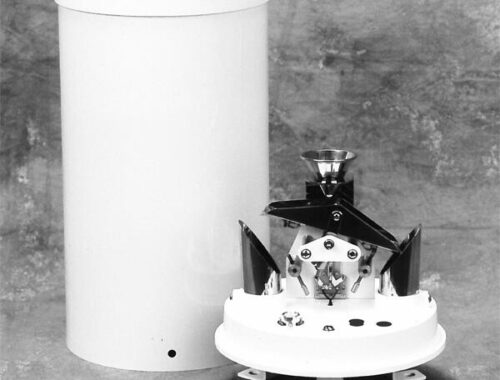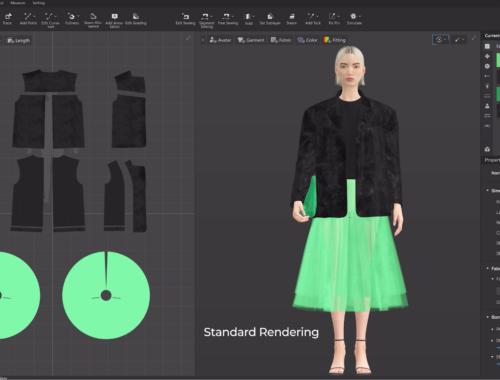The Ultimate Stay-at-Home Yoga Kit
Expert Essentials
The Ultimate Stay-at-Home Yoga Kit
After all, you shouldn’t have to pay $20 for a class every time you want to get your stretch on
Jun 6, 2018
Jun 6, 2018
When you buy something using the retail links in our stories, we earn an affiliate commission that helps pay for our work. Read more about Outside’s affiliate policy.
After all, you shouldn’t have to pay $20 for a class every time you want to get your stretch on
For the perfect at-home yoga setup, all you need are a few essentials and perhaps some friendly guidance from one of countless online resources. Do Yoga with Me, a yoga network with more than 400 classes, is one great low-cost option. The majority of its classes are free; $10 per month eliminates ads, unlocks the entire library, and invites you to join a private Facebook group. David Procyshyn, a yoga teacher in Victoria, British Columbia, started the website ten years ago because he believes yoga should be accessible for everyone, no matter their location, background, or socioeconomics. We asked Procyshyn about the gear he recommends for creating your own yoga sanctuary, wherever you are.
Liforme Yoga Mat ($140)
“You have to consider the global impact of your choices,” Procyshyn says. Many yoga mats are made with PVC and other plastics that end up in landfills. Procyshyn’s yoga mat of choice is from Liforme, a company that makes PVC-free mats that biodegrade in one to five years. The mats are made with natural rubber and eco-polyurethane for durability, so you won’t need to throw it out anytime soon. They’re also extra grippy, so you won’t slip, even in hot classes.
“The support of this mat is just incredible,” Procyshyn adds. “I’ve never practiced on a mat that feels so good on my body.”
Buy Now
Halfmoon Yoga Natural Cork Yoga Block and Chip Foam Yoga Block ($20 and $16)
Procyshyn always buys his props from Halfmoon Yoga, a Vancouver-based company that makes its eco-friendly products at home when possible and only outsources to production facilities that meet its ethical standards.
Procyshyn uses the cork block as a prop to offer extra reach when you can’t quite touch the floor. He prefers the texture and feel of natural cork for support in dynamic poses like revolved triangle, where cork offers solid support under your hand.
The second block is a chip foam block. It’s flatter and meant for cushioning when you’re in a seated pose or want something under your head in a handstand. Chip foam blocks, while dense and firm, still have some give, making them ideal for padding. It’s a versatile prop to use while seated, inverted, twisting, or reclined. Procyshyn likes to sit cross-legged on the chip foam block to start class. “Height is really important if you want to sit comfortably,” he says. If your hips are really tight, you’ll probably want more lift than the three-inch chip foam block. That’s where a bolster comes in.
Cork Block Chip Foam Block
Hugger Mugger Rectangular Bolster ($75)
Bolsters are thick pillows meant to support your full body weight in restorative, relaxing poses. They can either be cylindrical or rectangular, and the latter varies in thickness. Procyshyn likes the bolsters made by Hugger Mugger, a 25-year-old company that makes many of its products in the United States. “The yoga industry is massive, and it can be difficult to make ethical purchases without doing a lot of due diligence. Hugger Mugger has a great origin story, and they stress quality and environmentally friendly products.” Procyshyn says the cylindrical bolster is ideal for sitting on your heels: “You just slip it between your ankles and sit.” The flatter, rectangular bolsters are more comfortable to lie on for restorative poses. And when it comes to quality, you can tell the difference. “They’re packed full of material, including dense cotton and foam, while some [other brands’ bolsters] just break down—they end up sagging wherever you put weight most frequently. So you want to get a bolster that is really good quality that will last a long time,” Procyshyn says.
Buy Now
Halfmoon 6-Foot Loop Yoga Strap (From $14)
Straps offer just a little extra length for when you can’t touch your toes or reach fully around your back. They’re also a great prop for stretching your hamstrings and IT band, so even the most flexible yogis can benefit from using them. Opt for a strap with a metal clasp, rather than plastic, for durability. Procyshyn also prefers the softness of 100 percent cotton straps over polyester blends. This Halfmoon strap has a fixed loop on one end—rather than a traditional flat strap, which you have to fold and secure into a loop—so you can stop fussing and keep breathing.
Buy Now
Beeswax Candles ($23)
Developing a home practice can be tricky, but ambience is key. Procyshyn recommends creating an environment that takes you out of your typical at-home headspace: Practice in a clean, uncluttered room, and light a few beeswax candles while you’re at it. “Whatever gets you in the mood or inspires you,” he says. “Make it easy for you to start. The mat is already rolled out. The space is clear.”
Buy Now
Yogi Tunes ($9 Per Month)
No meditative environment is complete without a relaxing soundtrack. Procyshyn practices yoga to Radiohead, but if you’re looking for something a little more traditional, he suggests Yogi Tunes, a subscription-based service that curates playlists from a library of music developed purely for yoga.
Buy Now
You May Also Like

10 Practical Applications of Rain Gauges in Everyday Life
March 20, 2025
China’s Leading Pool Supplies Manufacturer & Supplier
March 25, 2025